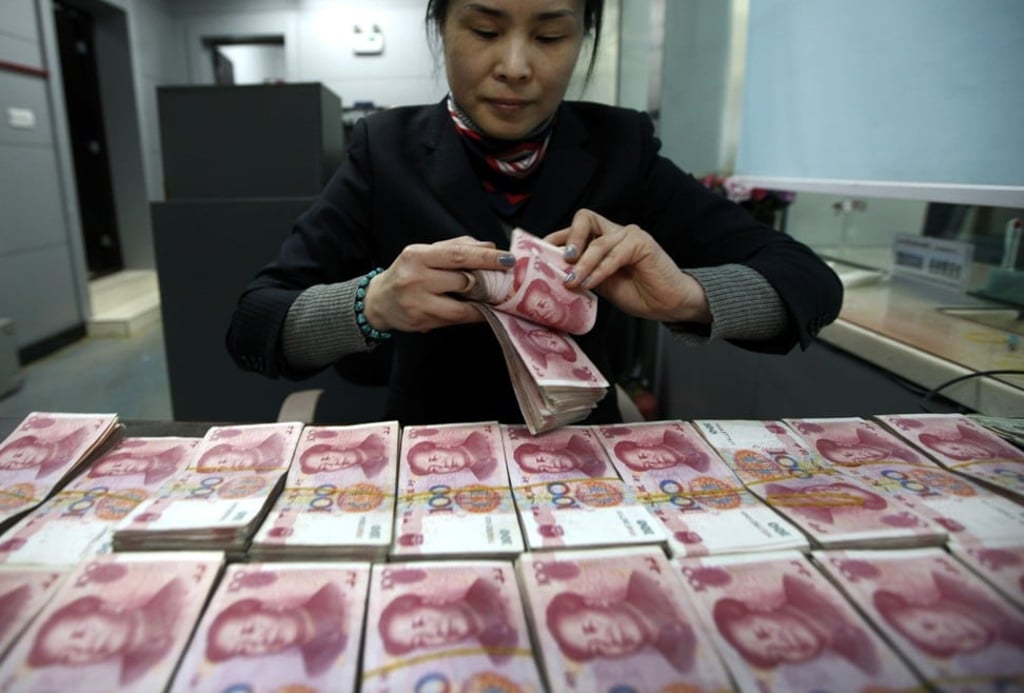China’s middle class still seeking protection in Hong Kong’s insurance market despite forex crackdown
- Premiums collected from mainland Chinese visitors made up 30 per cent of Hong Kong’s annual total for personal insurance in 2018
- Beijing only allows a US$50,000 foreign exchange per year, while UnionPay has blocked citizens from buying insurance investment products in Hong Kong

China’s growing wealthy middle class population are increasingly looking to safeguard their assets and plan for the future by investing in long term insurance and saving products in Hong Kong, but strict financial controls in the mainland are limiting opportunities.
The products, including critical illness insurance as well as life insurance, are often denominated in US dollar and have grown in popularity in China, with premiums collected from mainland Chinese visitors making up 30 per cent of Hong Kong’s annual total for personal insurance in 2018, almost double the level in 2015, according to figures from Hong Kong Insurance Authority.
But with Beijing only allowing an individual a US$50,000 foreign exchange quota limit per year, and with the state-backed UnionPay banning Chinese citizens from using the debit card to buy insurance investment products in Hong Kong in October 2016, total premiums have dropped.
The premiums collected from mainland visitors in 2017 plunged 30 per cent to HK$50.8 billion (US$6.5 billion) from HK$72.7 billion (US$9.3 billion) in 2016 after customers sought to move their money ahead of the ban, with the level described as “abnormal” by two separate insurance agents. In 2018, the total premiums fell further to HK$47.6 billion (US$6.1 billion).

Due to the limit imposed on foreign exchange, with any purchase beyond that requiring special approval from the exchange regulator, individuals often have to make multiple trips to Hong Kong to meet yearly premium requirement.